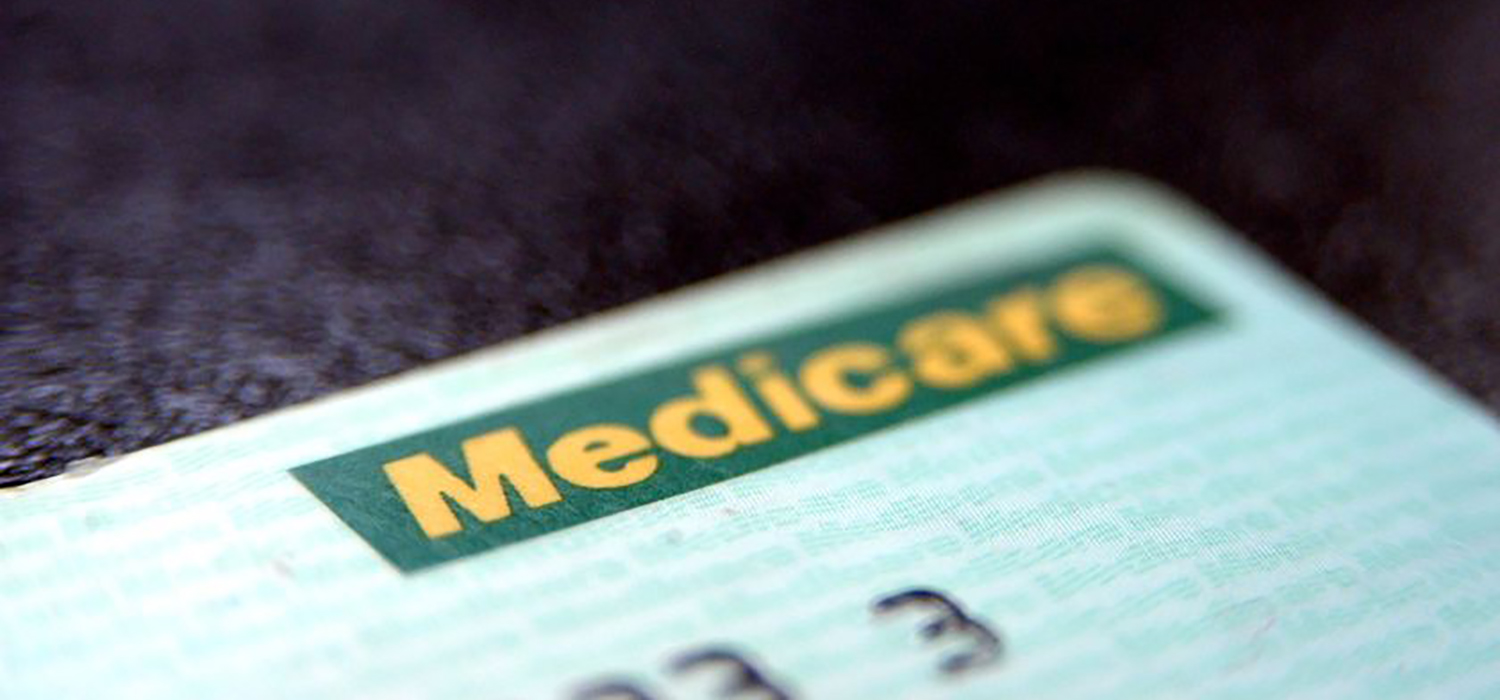 The Australian General Practice Alliance has called for a major overhaul of Medicare, including having a new independent pricing authority to set rebates.
The Australian General Practice Alliance has called for a major overhaul of Medicare, including having a new independent pricing authority to set rebates.
AGPA Deputy Chair Dr Mukesh Haikerwal said Medicare was no longer fit for purpose, with successive Labor and Coalition Governments starving funding to the point where primary healthcare for Australians was seriously jeopardised.
Commenting on the landmark RACGP Health of the Nation 2024 Report, he said that with more than 7000 general practices in Australia, 75% of them were reporting that their major concerns were rising business costs, declining business profitability and sourcing and retaining GPs.
“All of these are directly related to underfunding of Medicare commencing with the Labor and Coalition freezes on rebate increases under the Gillard/Rudd/Abbott and Turnbull governments, and below medical inflation increases to an already depleted rebate under the Morrison and current Albanese Governments,” Dr Haikerwal said.
“Practices are generally small privately owned businesses, and their viability is a critical part of our entire healthcare system, providing the essential support services where Australians can see a GP, nurses and other health professionals.
“The proportion of patients delaying or not accessing healthcare has doubled as rising costs and underfunding of rebates have forced GPs into private billing. This raises the red flag of worse outcomes as early diagnosis and treatment brings better results for patients.”
Rebates eroded
Dr Haikerwal said that when Medicare was first introduced, the promise was access to affordable universal health care and the rebate was 85% of the “schedule fee” which was close to the actual cost of providing services.
But the schedule fee had been eroded in value and the rebate for patients towards their healthcare costs has been slashed and was now closer to 45%.
“The costs of providing services sees over 35% of GPs forced to charge over $90 for a consultation, and one third of GPs are planning to cease practicing in the next five years, many are reducing hours available, and the specialty is not attracting enough graduates to replace them,” he said.
“There needs to be an innovative approach, with ambition to improve the system, consistency and long-term systemic thinking, and it is now time to commence major reforms – starting with an independent pricing authority to set appropriate levels for the Medicare rebate.”
Also commenting on the Health of the Nation 2024 Report, General Practice Registrars Australia saifd it highlights areas of concern needing to be addressed to attract and retain GPs.
Since 2022 particularly, GPRA has been sounding the alarm about the importance of investing in future GP peer initiatives to ensure medical students interested in general practice stay connected with the speciality throughout their education.
GPRA President Dr Karyn Matterson said this year’s report highlighted several significant encouraging signs but also issues of concern.
In 2023, 7% of medical students identified rural generalism as their preferred specialty, an increase from 5.8% in 2022. The number of doctors entering the Australian General Practice Training program also increased, from 1,130 in 2023 to 1,204 in 2024.
“It is pleasing that 44% of doctors are recommending general practice as a career, an increase from 38% last year,” said Dr Matterson.
“However, although the increase is encouraging, it is nowhere near the 2021 levels when 58% of GPs recommended the profession to future doctors.”
She said that despite recommending general practice as a career, there was a persistent decline in medical students’ preference to specialise in general practice.

